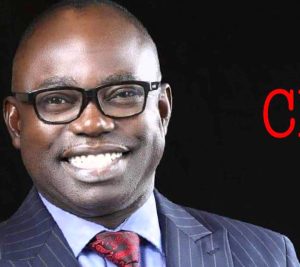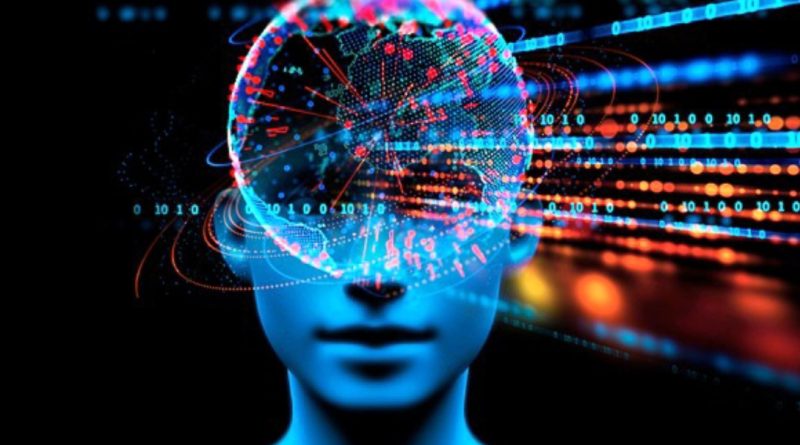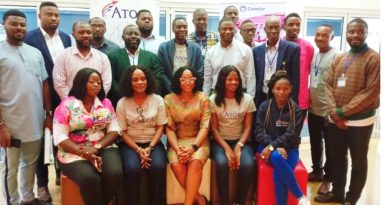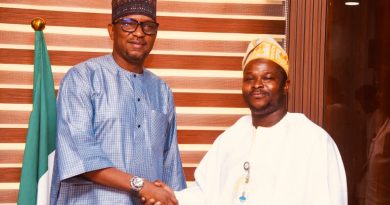How Prepared Is Nigeria for the AI Disruption?
Frank Tietie
ChatGPT, an artificial intelligence composer, did the above short description of me. I was required to send the bio for a public speaking booking within 5 minutes, and since I didn’t have the time, I turned to the app. Lo, it harvested every information about me online, assessed them and composed the description in about 7 seconds. It is crazy! And to think that I couldn’t have written it better calls for deep reflection on the emerging AI technology.
The journalist, notably the editor or scriptwriter, must now feel threatened. How would they not be worried about losing their jobs in another two years?
I have had cause to challenge some Nigerian policymakers to begin to weave the coming disruption of AI technology into the way government services will be delivered shortly because we have always been caught napping as a people and country. It took us over 30 years before we incorporated email technology into government communications, and e-governance models are yet to penetrate the Federal government fully, not to mention the majority of state governments and possibly a no-go area for local government councils.
Positive development shifts are achieved deliberately, and countries who leave themselves at the mercy and chance of disruptive technologies like AI would not only lag behind in global progress but will open their citizens, even their own governments, to external control, exploitation by transnational companies and dominance by rogue countries. So remember how the Americans kept hating Russia for manipulating the 2016 US Presidential elections?
Government units, private think tanks and civil society organisations must now immediately take steps to understand the fast development of AI technology by the Silicon Valley and Chinese techies so that we can make forecasts and projections regarding issues such as fintech and unemployment in our own country.
The areas of health and agriculture are also very crucial for considering the wholesome embrace of AI. Medical doctors will be expected to make better diagnoses with AI, and promoters of GM crops like this writer can expect better sequencing and isolation of genes for improved crop development.
The legal practice may need to be redefined as only one robot lawyer now possesses the potential to analyse cases and factual situations far better than a team of 100 top lawyers put together. And it is offering its services free of charge; hence it was sued lately for fraud because it didn’t attend law school and could not be licensed to practise law despite being better than human intelligence in legal analysis.
The future is going to be disruptive with AI. Let’s wake up!
 About Frank Tietie
About Frank Tietie
Frank Tietie is a Nigerian lawyer, human rights advocate, public speaker, essayist and media personality. He is the founder and Executive Director of the Citizens Advocacy for Social and Economic Rights (CASER), a non-governmental organisation that promotes human rights, good governance, and social justice in Nigeria. Tietie is also a regular commentator on national and international media on issues related to law, human rights, government, and politics. He has received several awards and recognition for his work promoting human rights and social justice in Nigeria. Tietie holds degrees in law and international humanitarian law from the University of Benin and Nasawara State University. His essays and articles are widely published in the Nigerian media




